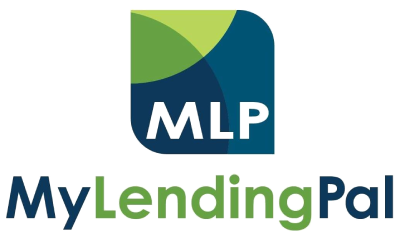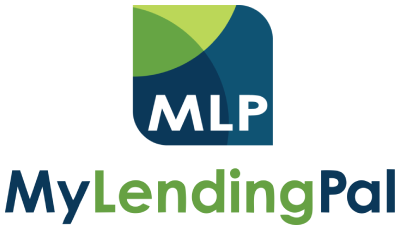Contact Info
5400 Laurel Springs Pkwy
STE 304
Suwanee, GA 30004
Social
Copyright © 2023 | My Lending Pal, Inc.
NMLS #1734346 | Licensed In: FL & GA
MyLendingPal, Inc. NMLS #1734346, (www.nmlsconsumeraccess.org); Corporate Office: 5400 Laurel Springs Pkwy STE 304, Suwanee, GA 30024. Georgia Residential Mortgage Licensee #61544. Principal Loan Originator: Ricky Merchant, NMLS #1517056. Georgia License #54264. For questions regarding state licensing, please contact (404) 433-8918. Not all products and options are available in all states. Terms are subject to change without notice. Any rates or terms are speculative only and can change without notice.


